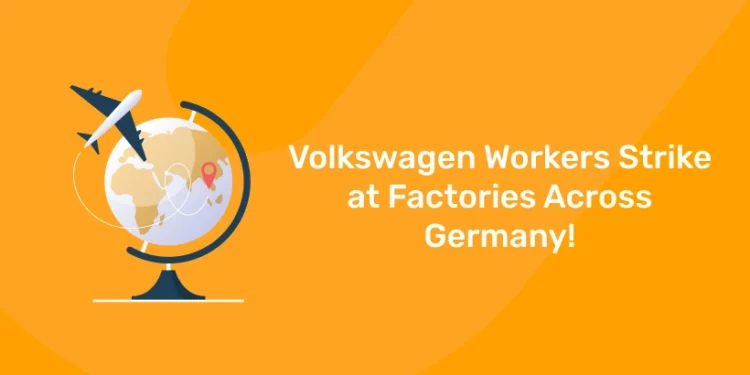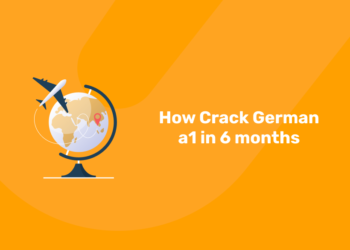Workers at nine Volkswagen factories across Germany launched rolling two-hour strikes on Monday, Dec. 2, protesting pay cuts and proposed factory closures. Volkswagen plans to cut wages by 10% for 120,000 workers and close three plants as part of efforts to address slumping sales, high production costs, and slow progress in transitioning to electric vehicles.
The strikes followed the expiration of a mandate period barring industrial action, with workers threatening to escalate the protests to 24-hour strikes if a new labor deal is not reached during the next round of talks on Dec. 9.
Volkswagen has said the restructuring is necessary to respond to low demand, competition from China, and rising costs. The union, however, has proposed alternatives to save the company €1.5 billion without the need for closures, including pay freezes and shorter working hours. These proposals were dismissed by Volkswagen management, who argued they wouldn’t provide long-term financial relief.
The ongoing crisis for Europe’s largest carmaker highlights broader challenges for the European automotive industry, which is struggling with economic pressures, energy costs, and regulatory challenges.
The labor battle, the company’s first involving strikes since 2018, comes as Volkswagen, Germany’s leading automaker, faces slowing demand for its cars in Europe and Asia, as well as increased competition from Chinese automakers.
“Volkswagen respects the right of employees to take part in a warning strike,” a company representative said in an emailed statement on Monday, adding that measures had been taken to try to minimize the effect of the strikes on customers.
Volkswagen remains interested in reaching “a sustainable and jointly supported solution,” the company said.
The two sides are scheduled to meet next Monday for a fourth round of talks that have so far remained deadlocked. Germany’s labor system guarantees employees certain rights in the workplace, and in the case of Volkswagen, that has meant that protracted strikes are relatively rare.
But this fight, coming at a time of political uncertainty after the collapse of the coalition government in Berlin, coupled with a near-stagnant German economy and an automotive industry in transformation, could challenge Germany’s traditional, cooperation-based model of labor negotiations.
“It is important that we fight and show our teeth,” Daniela Cavallo, who leads Volkswagen’s works council and is a member of IG Metall, told hundreds of workers who were striking at the company’s Wolfsburg headquarters on Monday.
Last week, Volkswagen rejected a union proposal that involved forgoing wage increases in exchange for job guarantees by setting up a fund to be tapped when things get tight in the future. IG Metall had calculated that the offer would save the company 1.5 billion euros, about $1.6 billion, but Volkswagen said the proposal fell short of the long-term structural change that it had deemed necessary.
Over the weekend, the union hosted a late-night party outside the Volkswagen factory in Emden to mark the end of a weekslong “peace period,” which started at the beginning of wage negotiations but ran out at midnight on Sunday.
Bratwursts sizzled on grills, and workers dressed in bright red union vests sipped hot mulled wine, making it look as if they were celebrating the holiday season. But the tone was serious.
“There is no other issue around the dinner table anymore,” Torsten Hasenpusch, a representative for IG Metall in Emden, told the German public television broadcaster NDR. “Will I lose my job? Can we keep up our standard of living? It’s all people can think about.”












